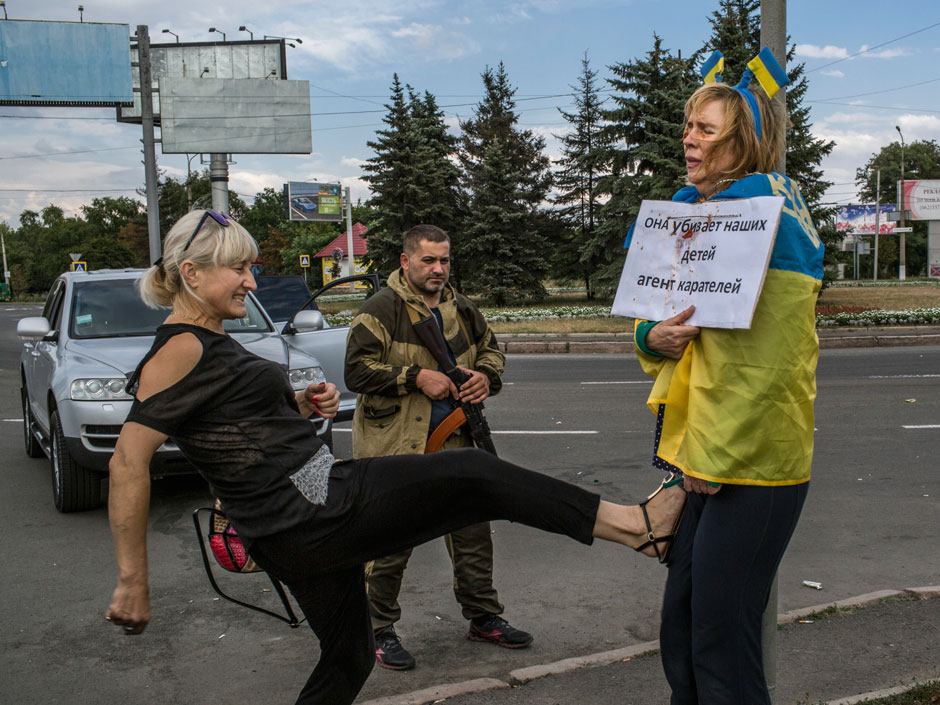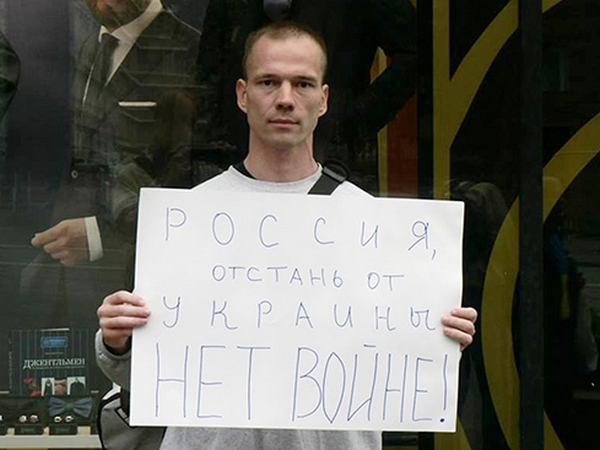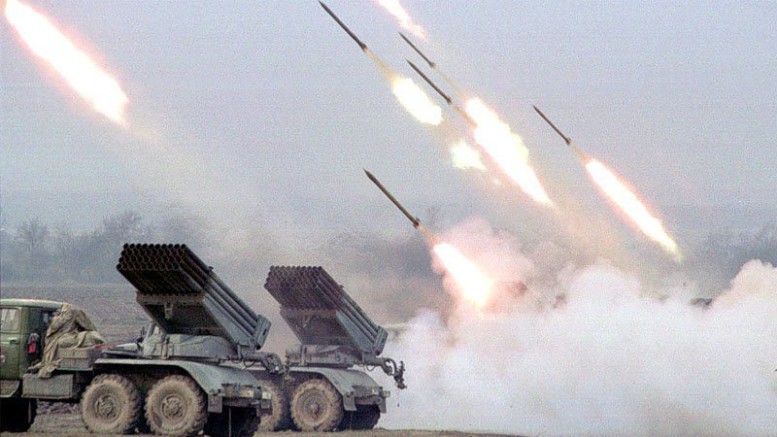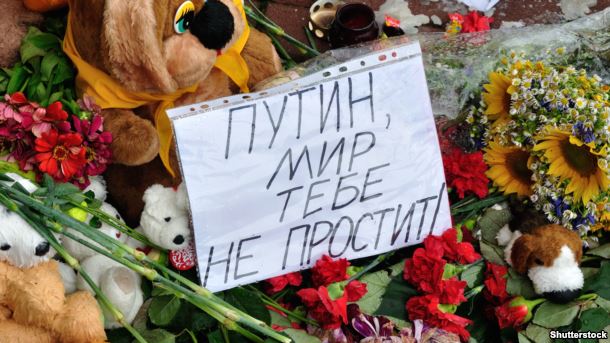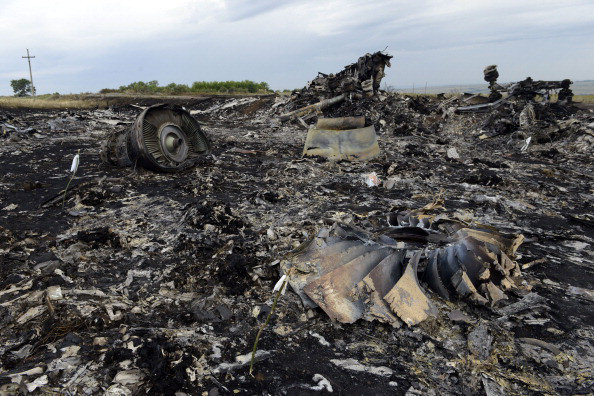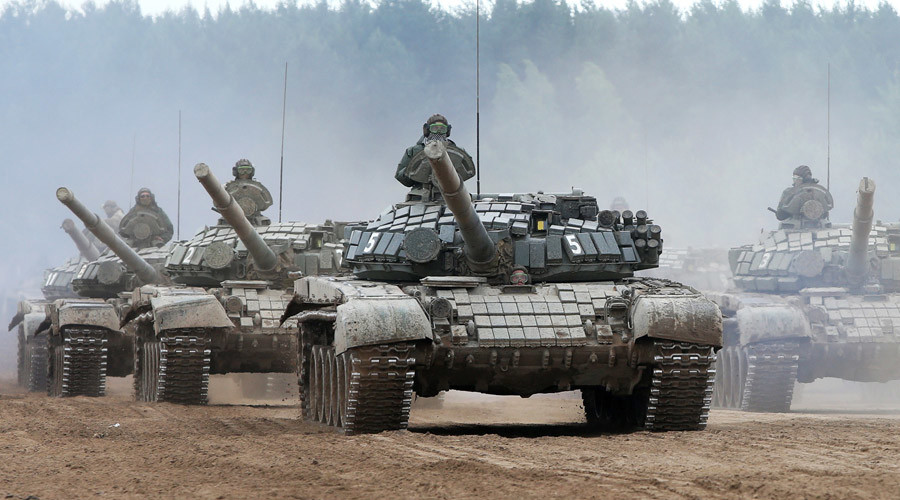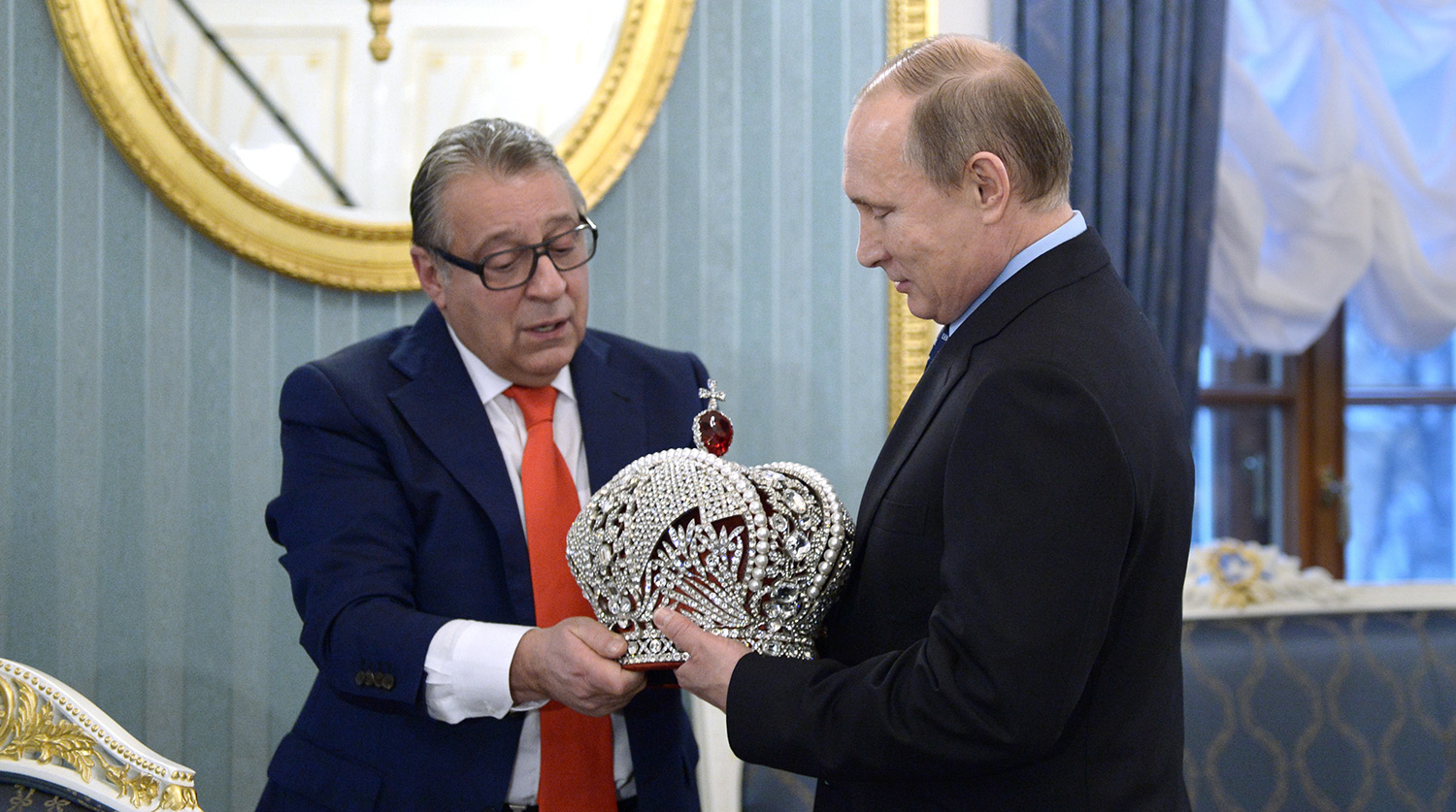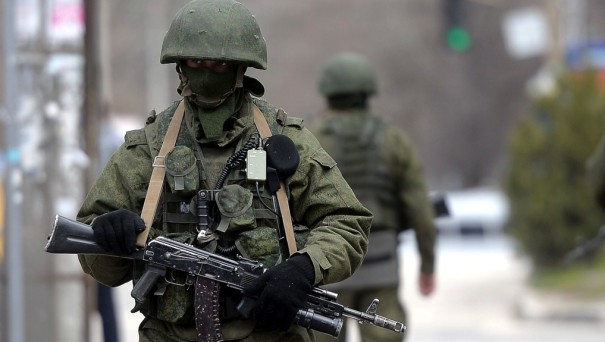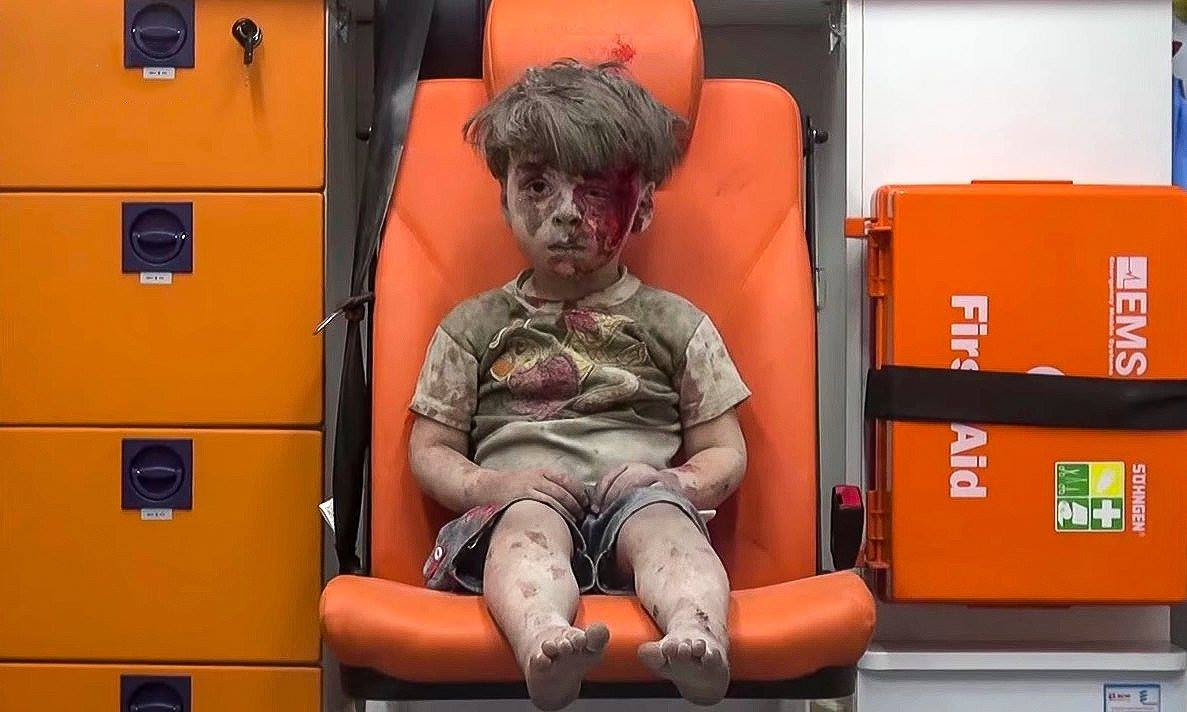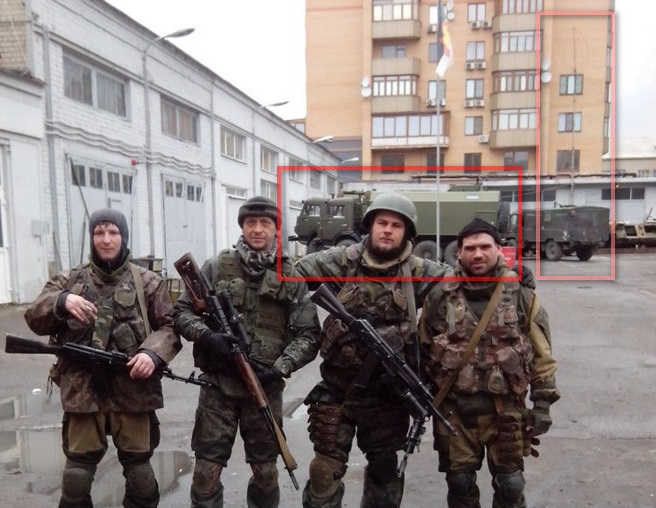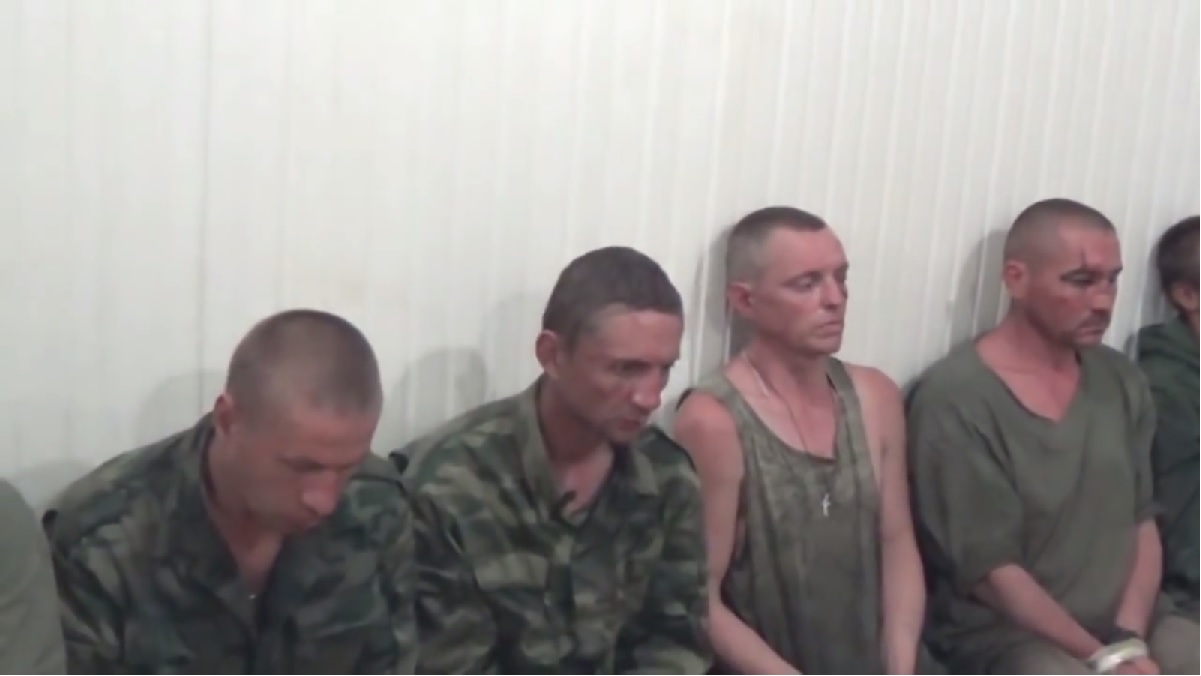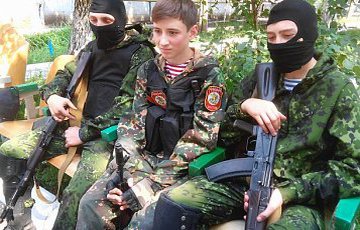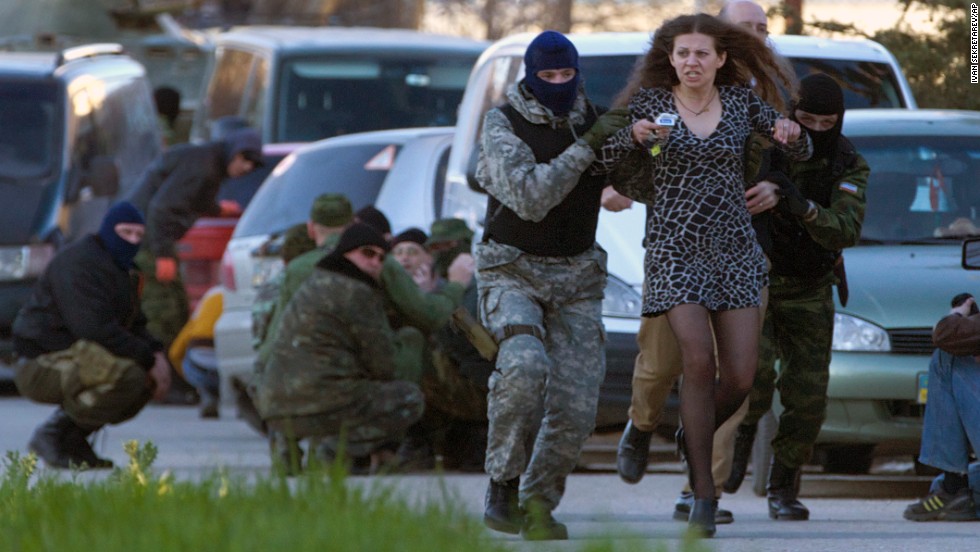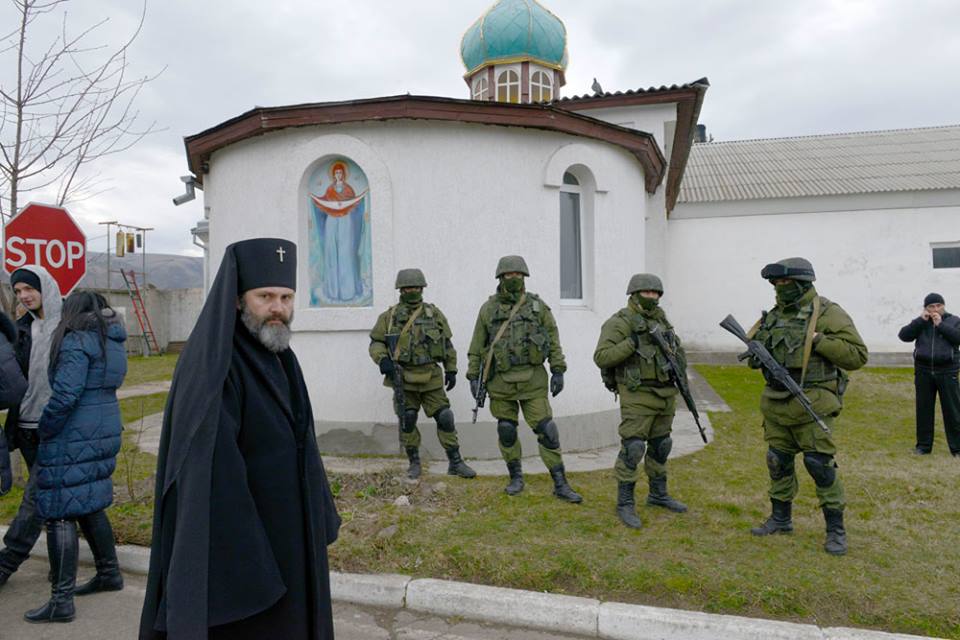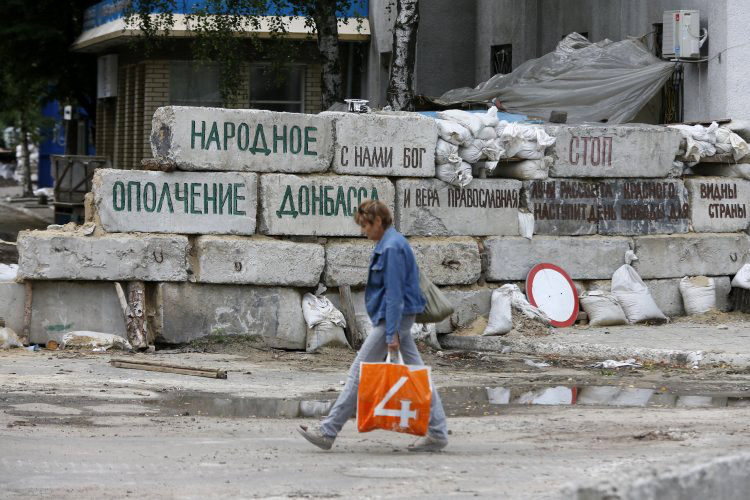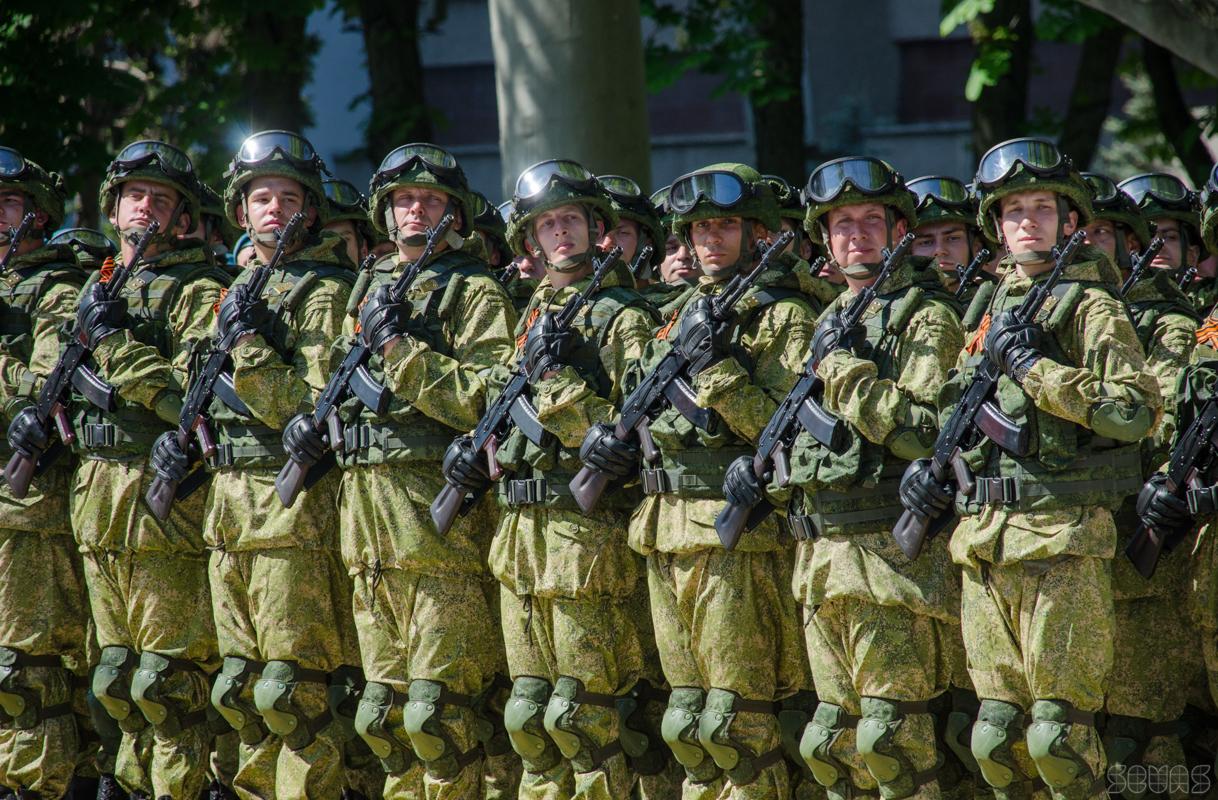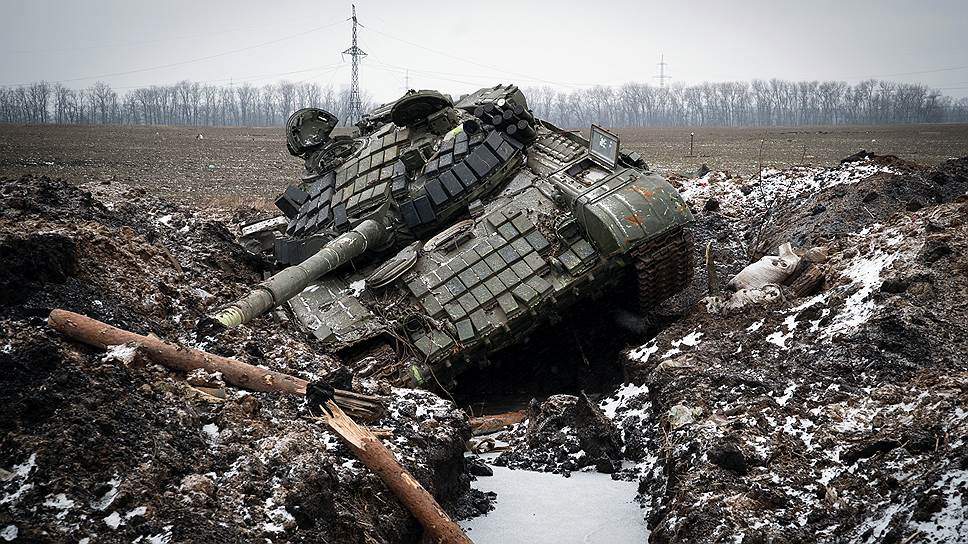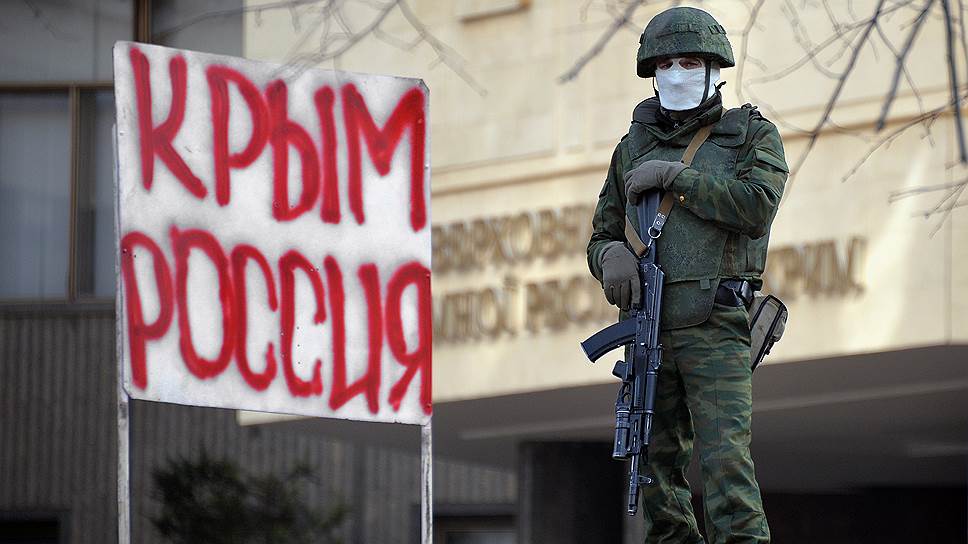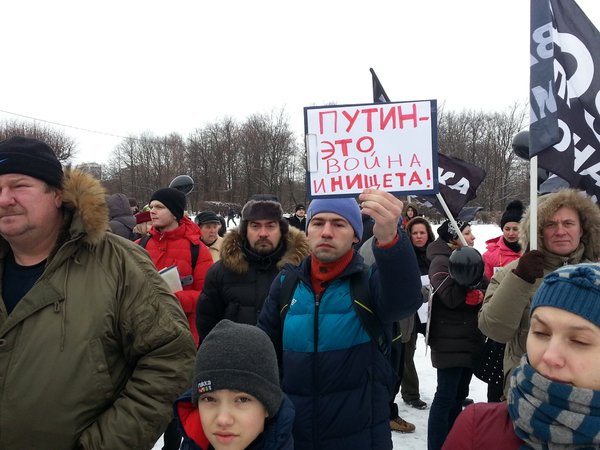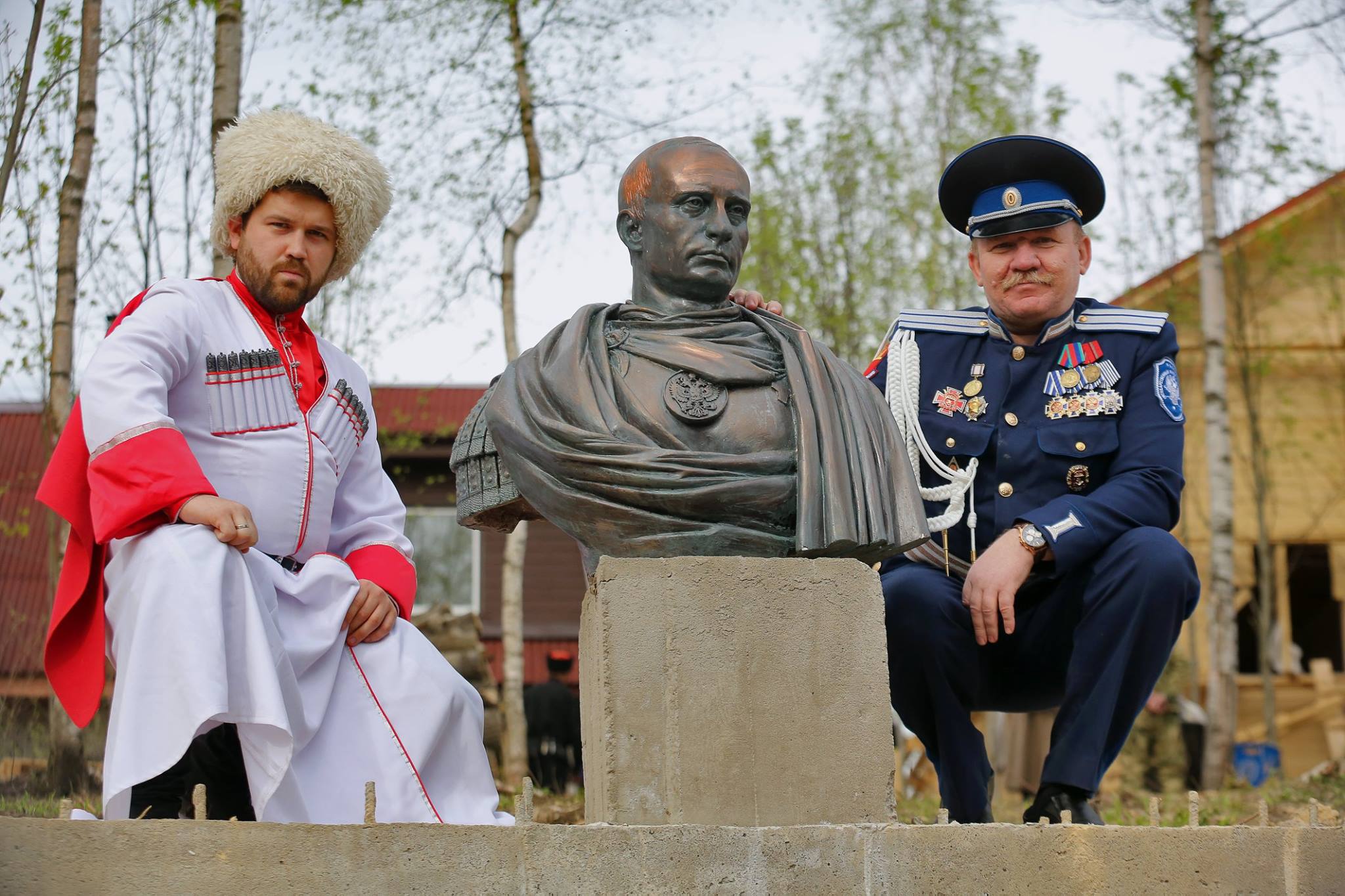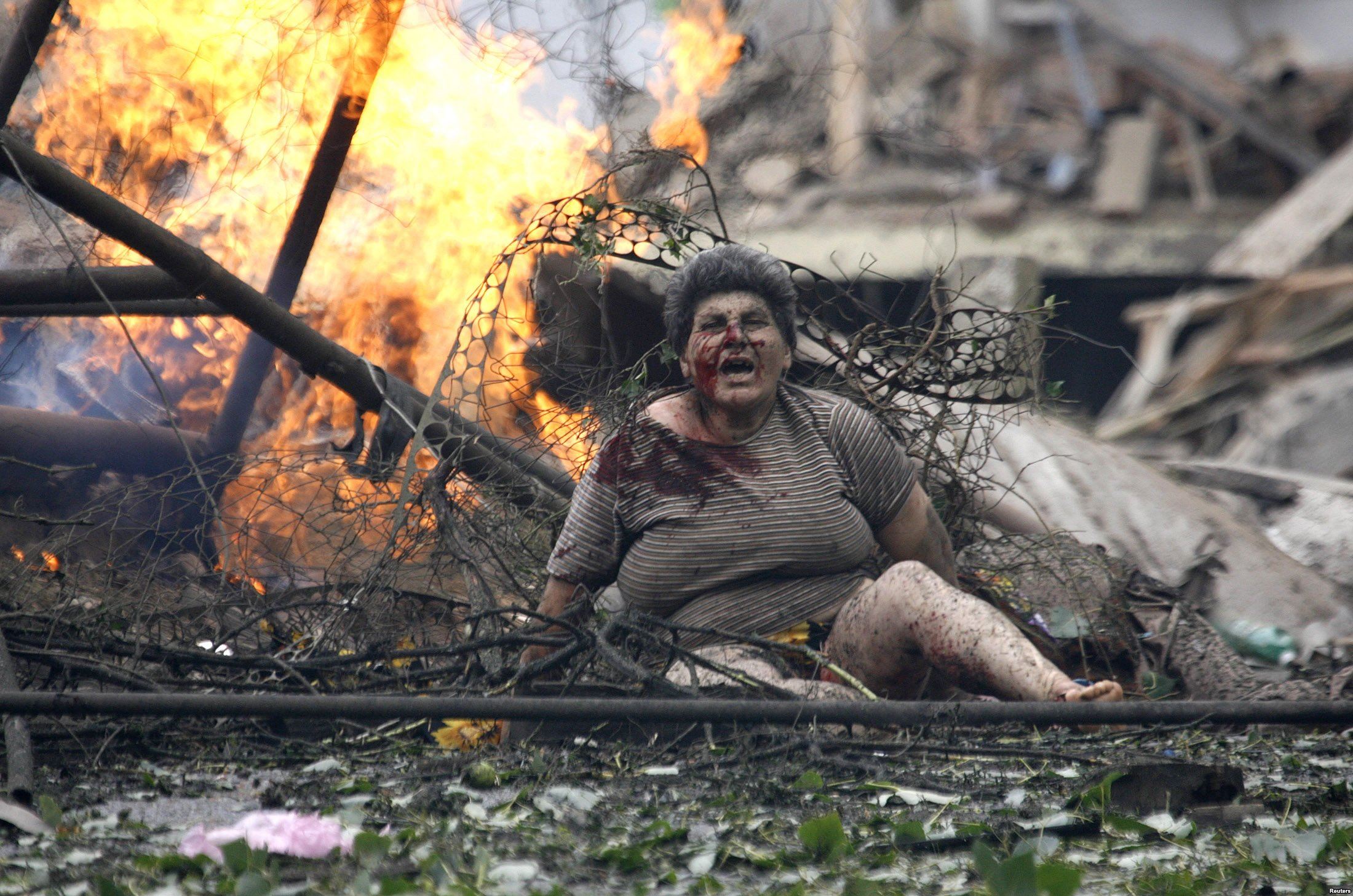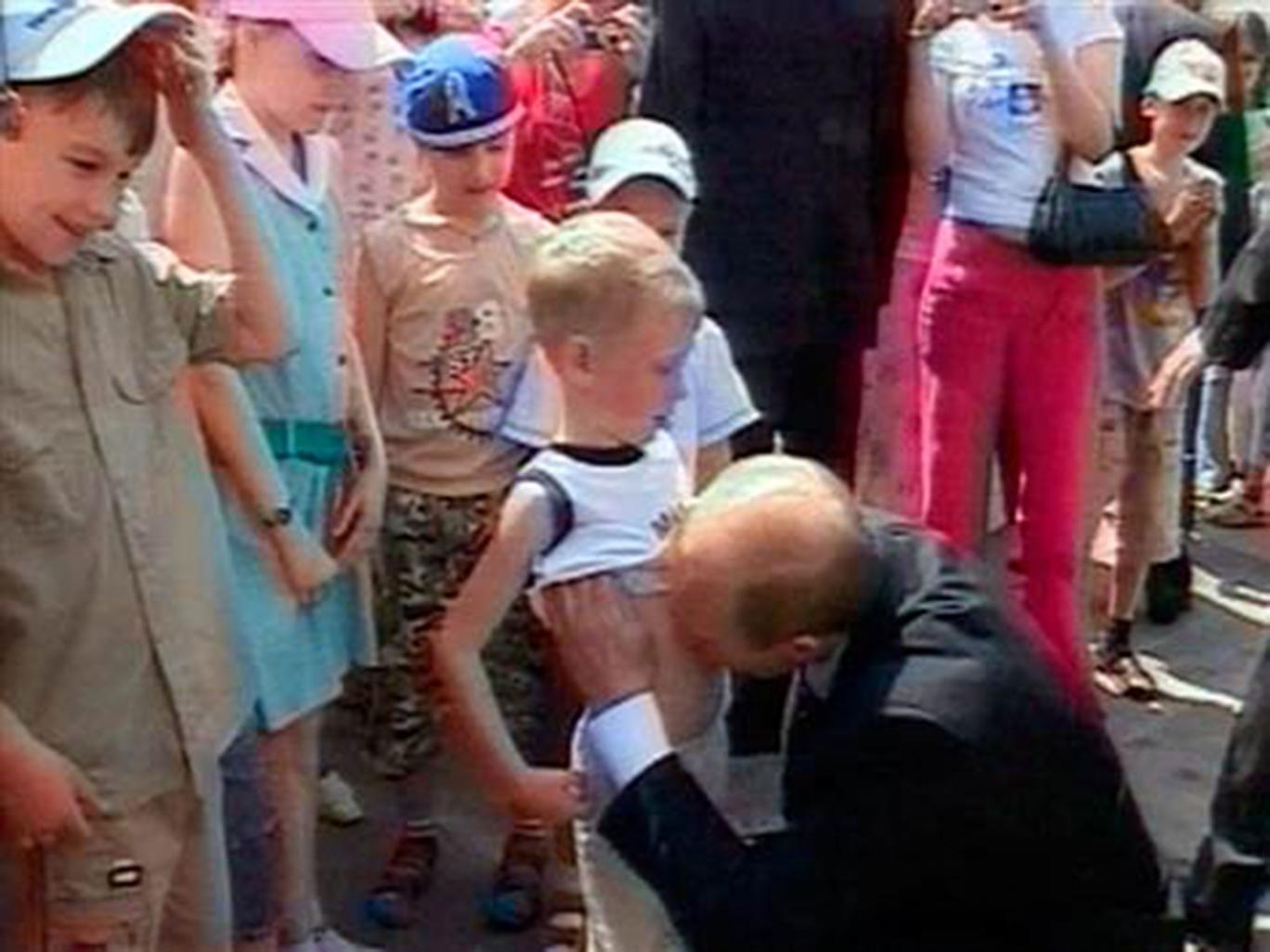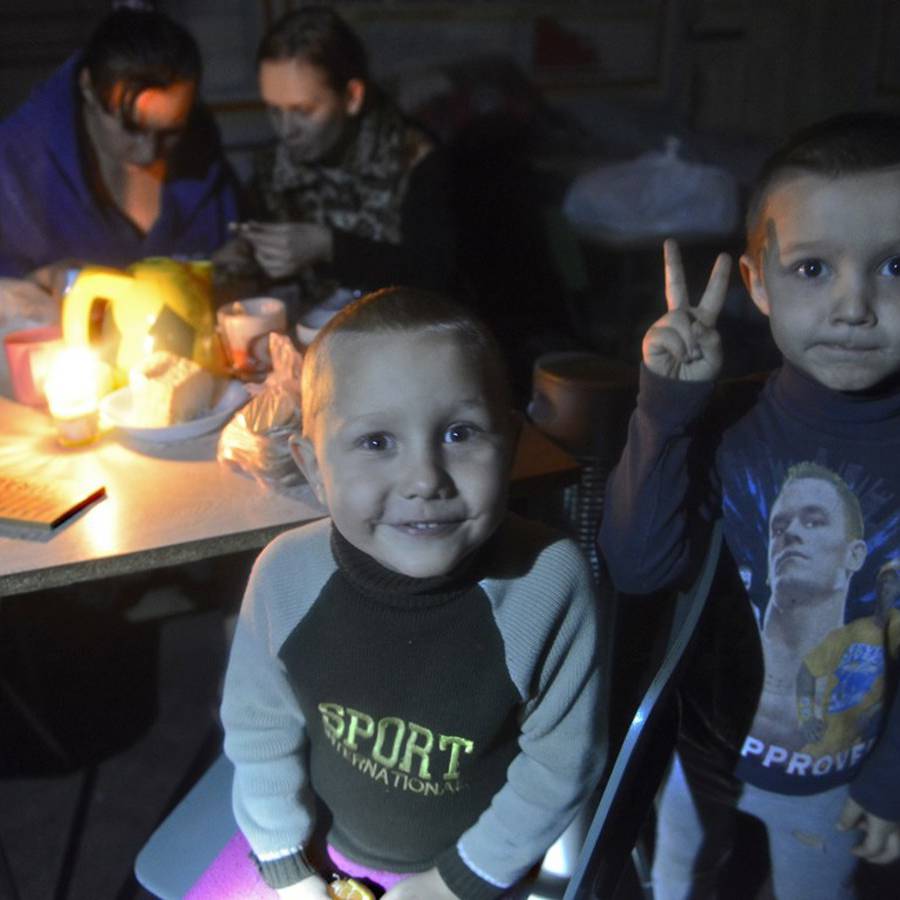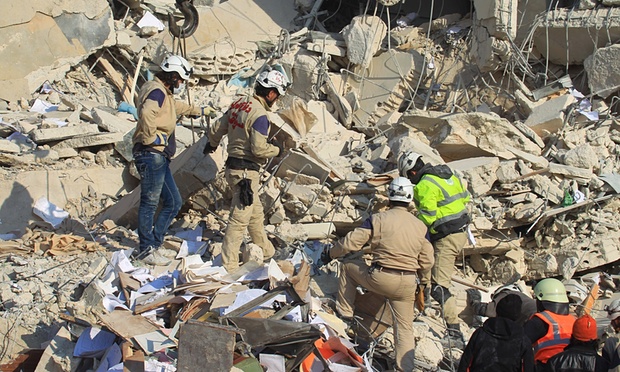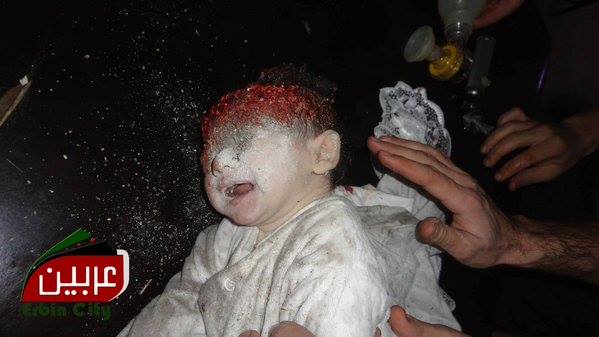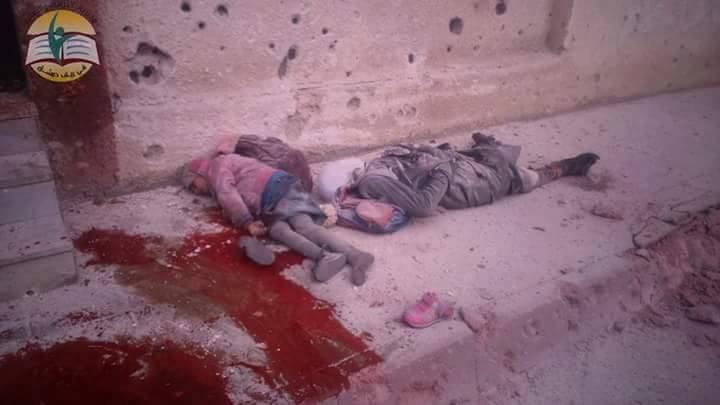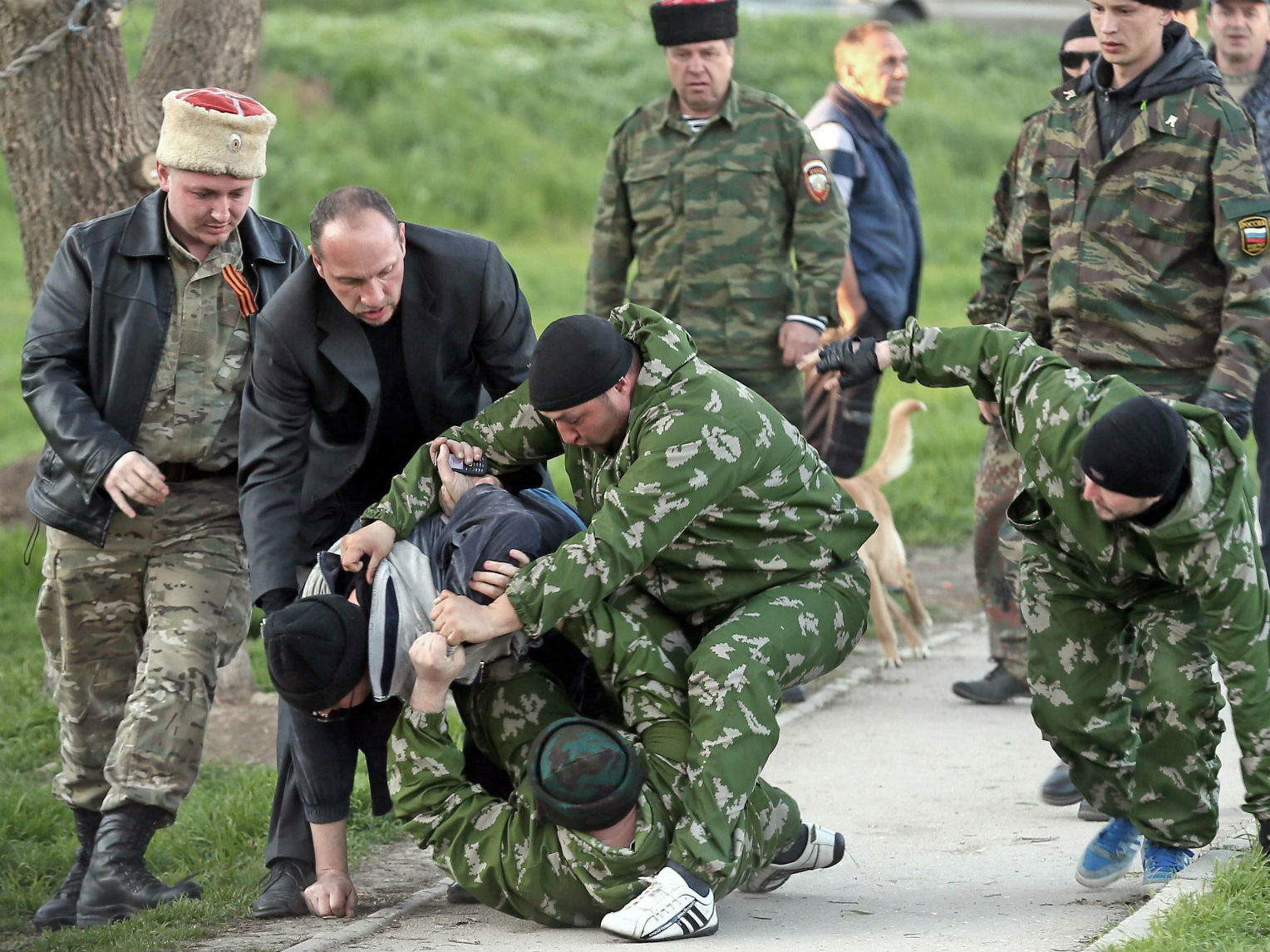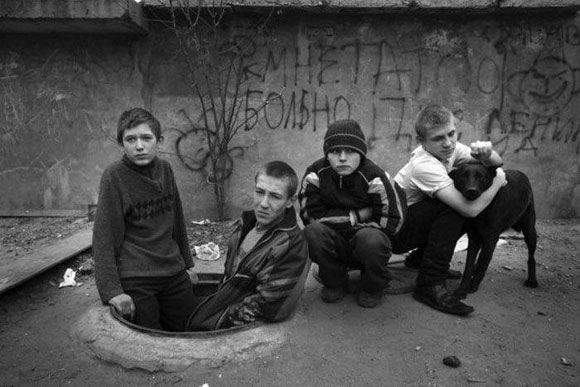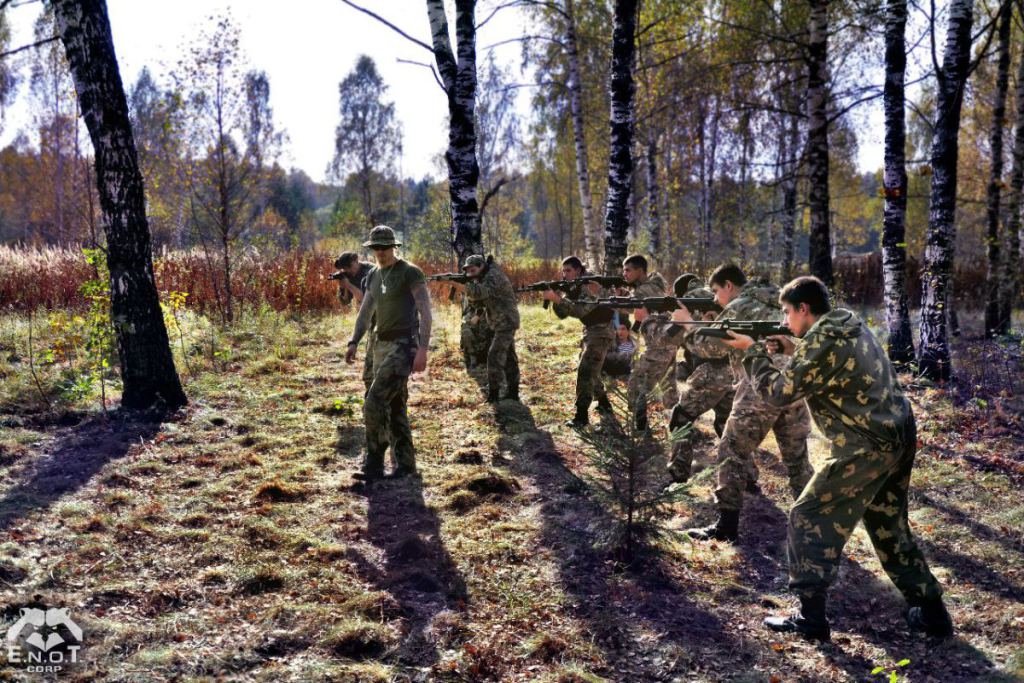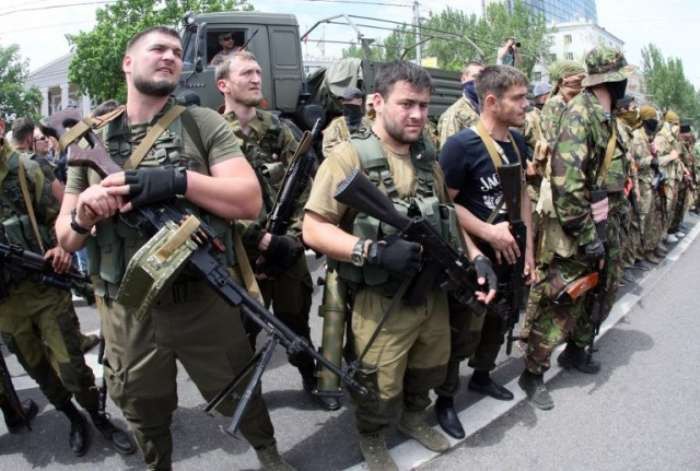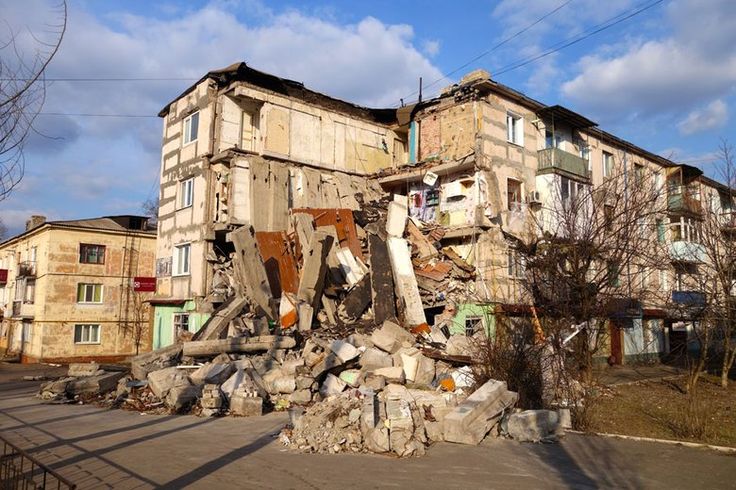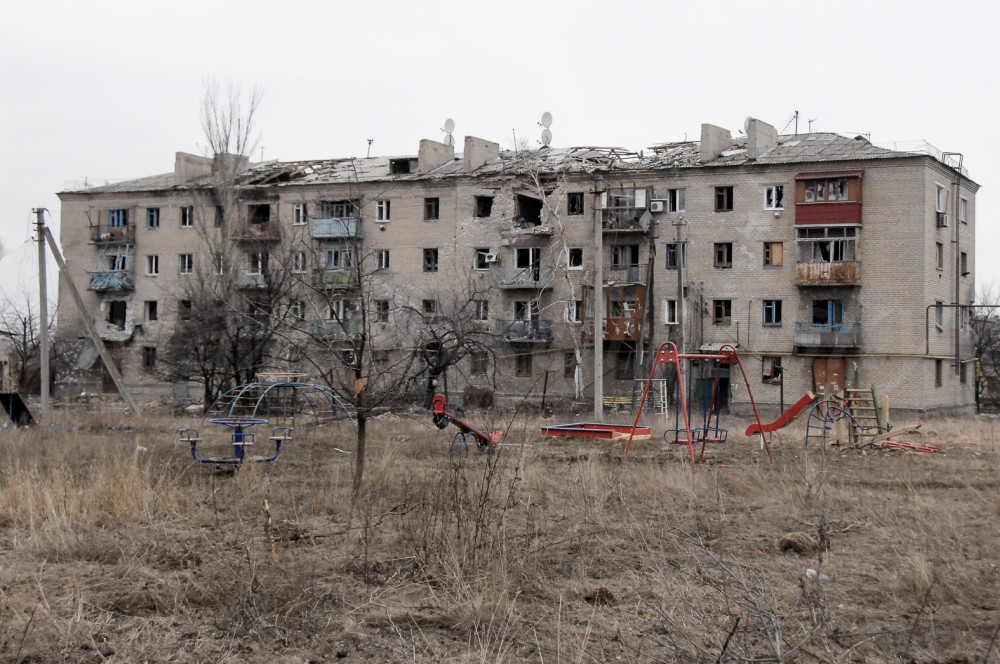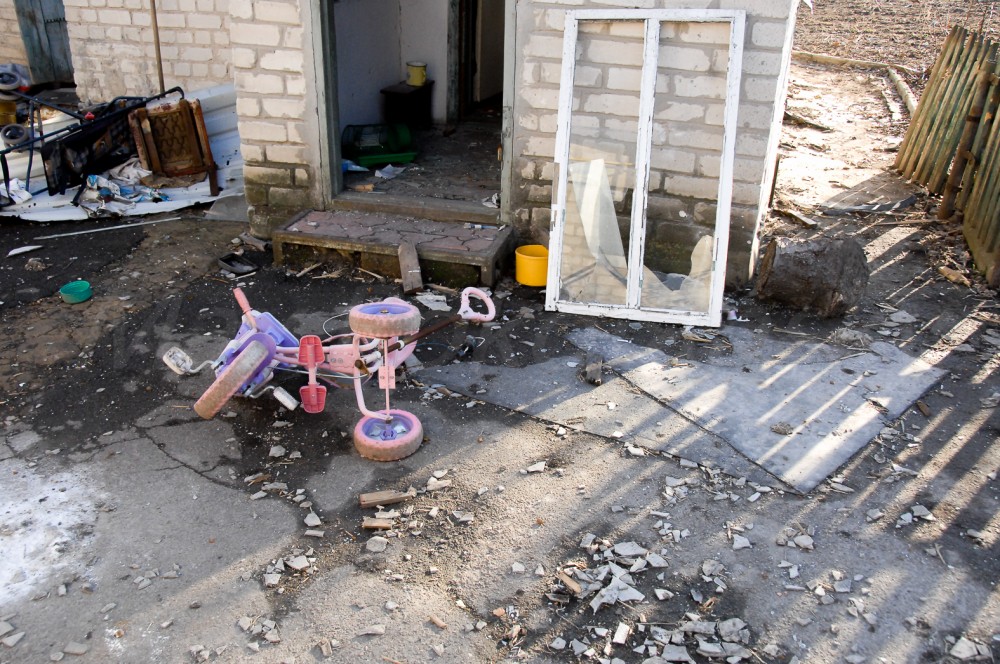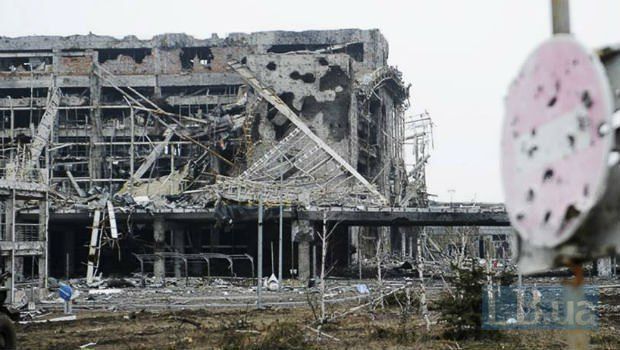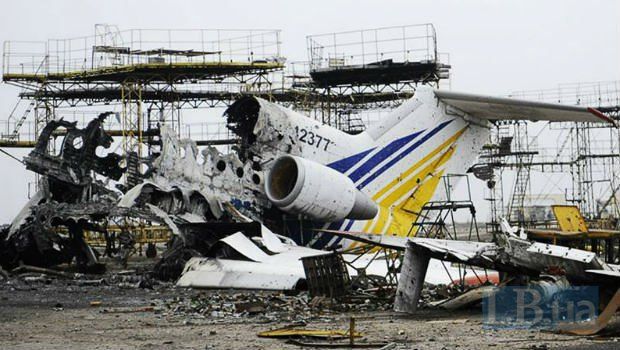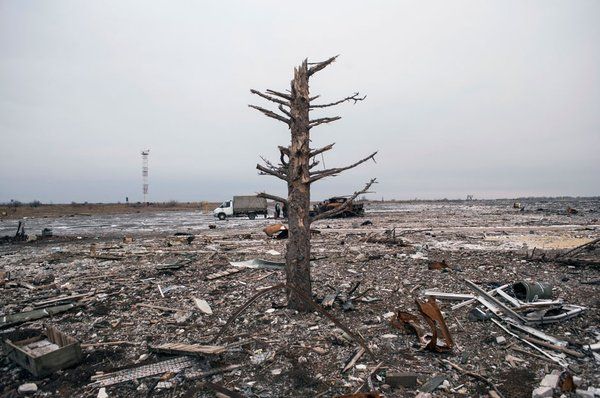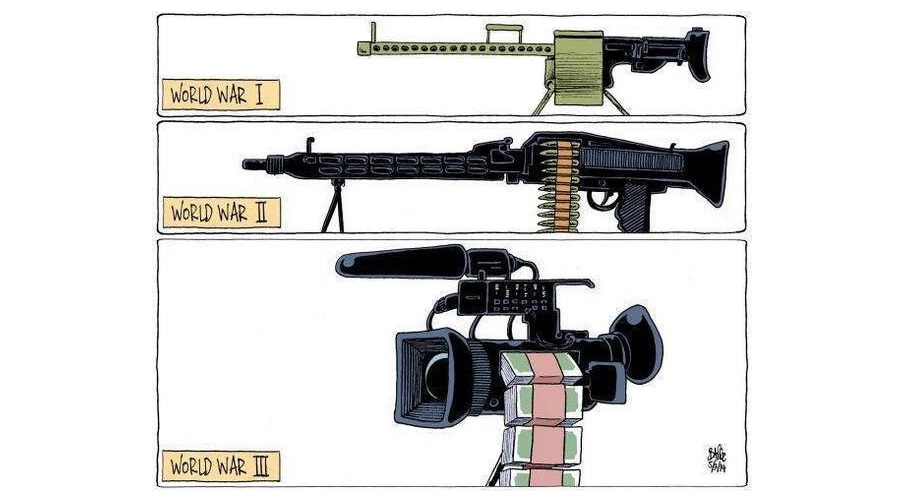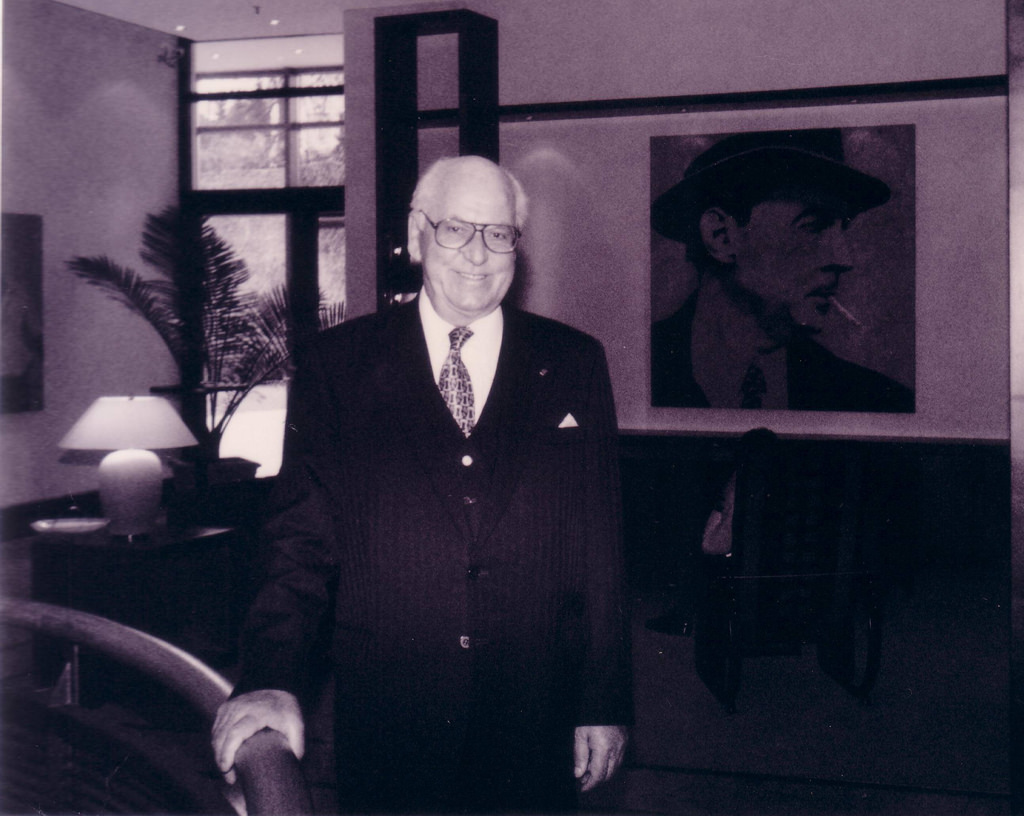Many Ukrainians now argue Russia must give Crimea back to Ukraine to have any chance of becoming a free and democratic country, and they are finding some support for that view among Russians -- even though it remains the case that “Russian liberalism ends at Ukraine.”
That is because, as many thoughtful Russians understand, Crimea is not only costing Russia enormous sums that should be spent on other things and isolating their country from the West but also because it reinforces the imperial nature of the Russian state, a nature that is incompatible in principle with democracy and freedom.
But few of them are yet ready to acknowledge something else:
Ronald Reagan properly called the Soviet Union “an evil empire
,” but all too many Russians and people in the West believed that his words applied only to Moscow’s rule over the 11 non-Russian union republics and the three occupied Baltic countries and that when the USSR dissolved, so too did the empire.
Unfortunately, as subsequent events have shown, that has not proved to be the case. Not only has Moscow under Putin sought to rebuild the empire by invading Georgia in 2008 and Ukraine since 2014, but the Kremlin has imposed increasingly imperial relations on the non-Russian nations living within it.
In a commentary for the new After Empire
portal, Viktor Buravlyev discusses the difficulties Russians have in facing this reality but argues that only by confronting it head on do they have any chance of becoming a genuinely free and democratic country, albeit one in very different borders.
Russians have been taught to view their “Motherland” (most often with a capital letter) as being defined by “the state borders” and to view their “native region” in contrast and with a slighting “indulgence” as their “’little motherland’” and not to think about how the one is related to the other, the commentator says.
As a result, not only the most devoted “patriots” but “even the most active critics of the powers that be put their hopes on the state, first as ‘Russia without Putin
’ and now already on ‘Russia after Putin,’ but with the former ancient paradigm preserved, a paradigm which they do not have the strength or the desire to overcome.”
And these people believe that “naturally,” this country “must be called Russia,” one based on its “remarkable culture and glorious history.” These Russians will celebrate the imperial past and they will treat Lenin with care despite what he did because in their view “people have long been accustomed” to him.
Some of them are now even willing to return Crimea but not “if its residents will be opposed” because “one must not go against the will of the population. Let us conduct an honest referendum and then we’ll see,” Buravlyev sums up their views.
But in addition, such liberal Russians call for a new constitution but not a new capital and that document will be prepared “exclusively by worthy people with well-known names and Moscow residence permits.” Those too will be preserved “as a customary formality,” as will the police and the security services and so on and on.
That is required such people think in order that the country not fall apart or into chaos and into a war of all against all, a view that prevents them from seeing the obvious truth: “This is not the case.” Indeed, Buravlyev says, “only after the disappearance of Russia, unconditionally and finally, will the population have the chance to build something new.”
Only then, he concludes, will it be possible “to break out of the vicious circle and the chain of rebirths by destroying the matrix” underlying all of what is on view now. “But to recognize this is hard” because it requires “overcoming the state inside oneself,” a challenge “even if you don’t really love it very much.”
Related:
- After the Glazyev Tapes: what Moscow's interference in Ukraine means for the Minsk Agreements
- The longer Russia occupies Crimea, the more likely Russia will disintegrate
- Putin has infected Russia with a disease he can't cure or control, Yakovenko says
- Russian language knowledge declining in country's non-Russian republics, Barinov says
- Chinese to become second largest ethnicity in Russia, Moscow demographer says
- Sakha Constitutional Court in Russia rules 'all the territory of Yakutia is the historical motherland of the Yakut people'
- Ethnic clashes replacing 'dedovshchina' abuse in Russian military units, Moscow paper says


